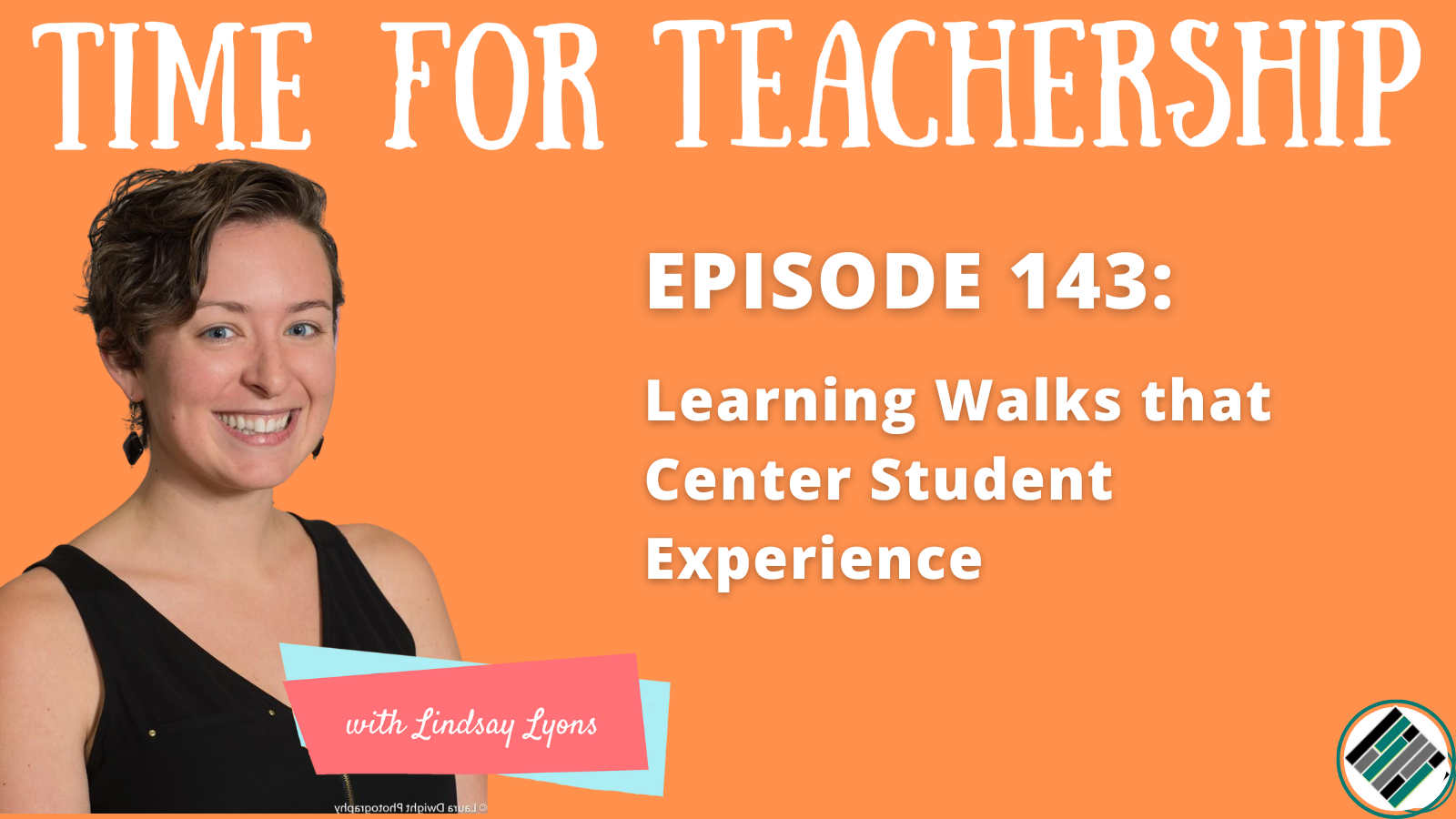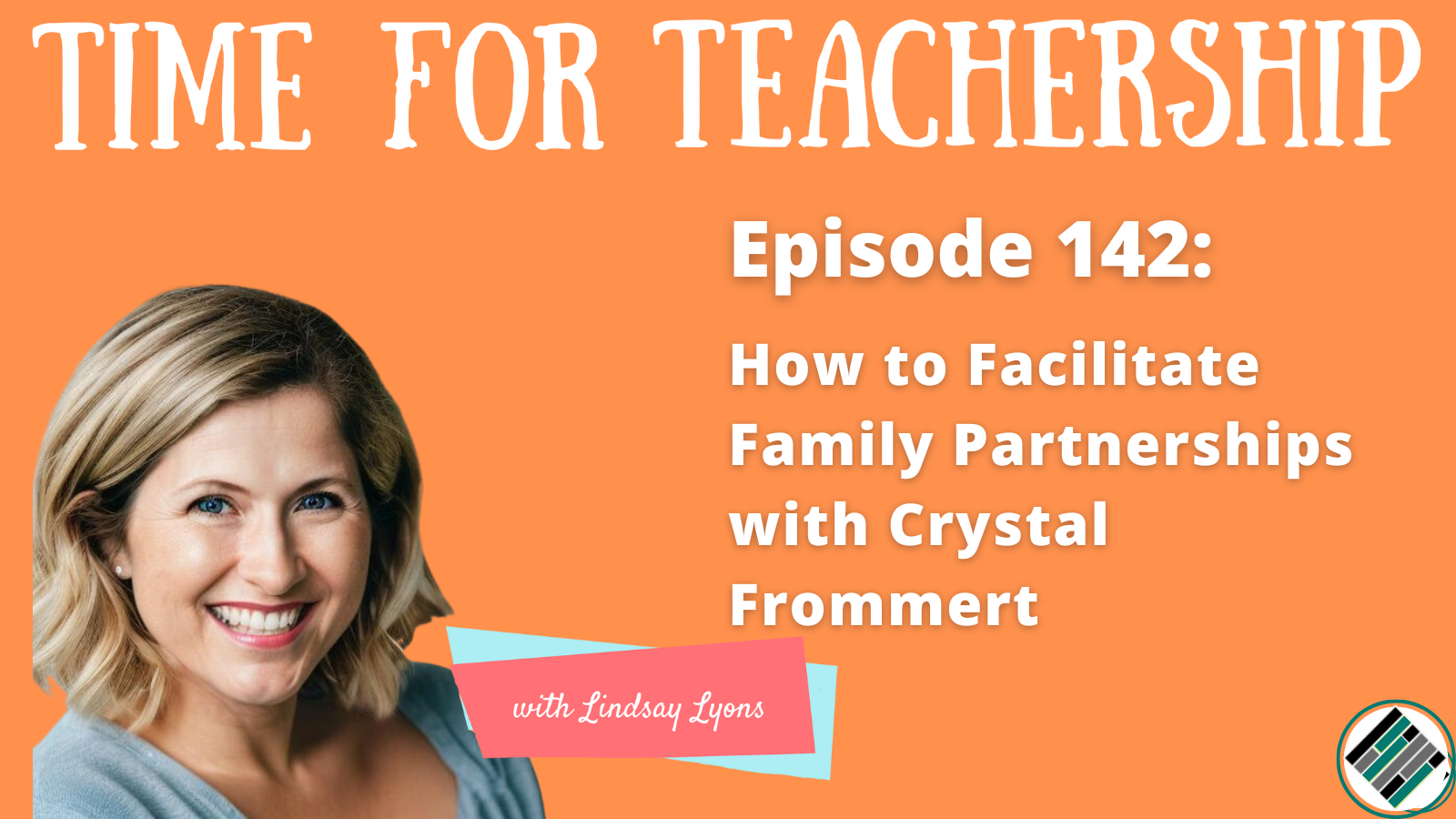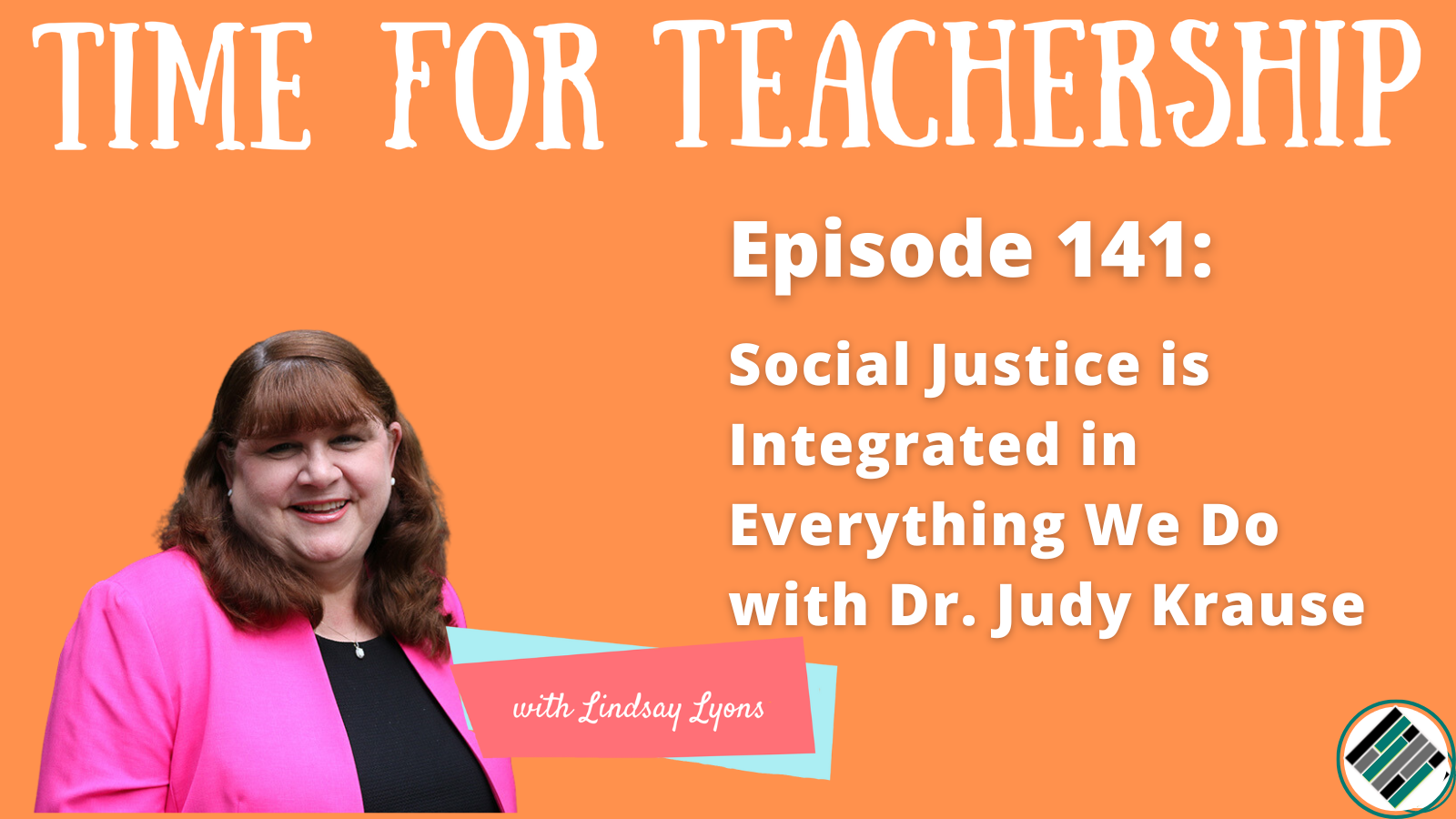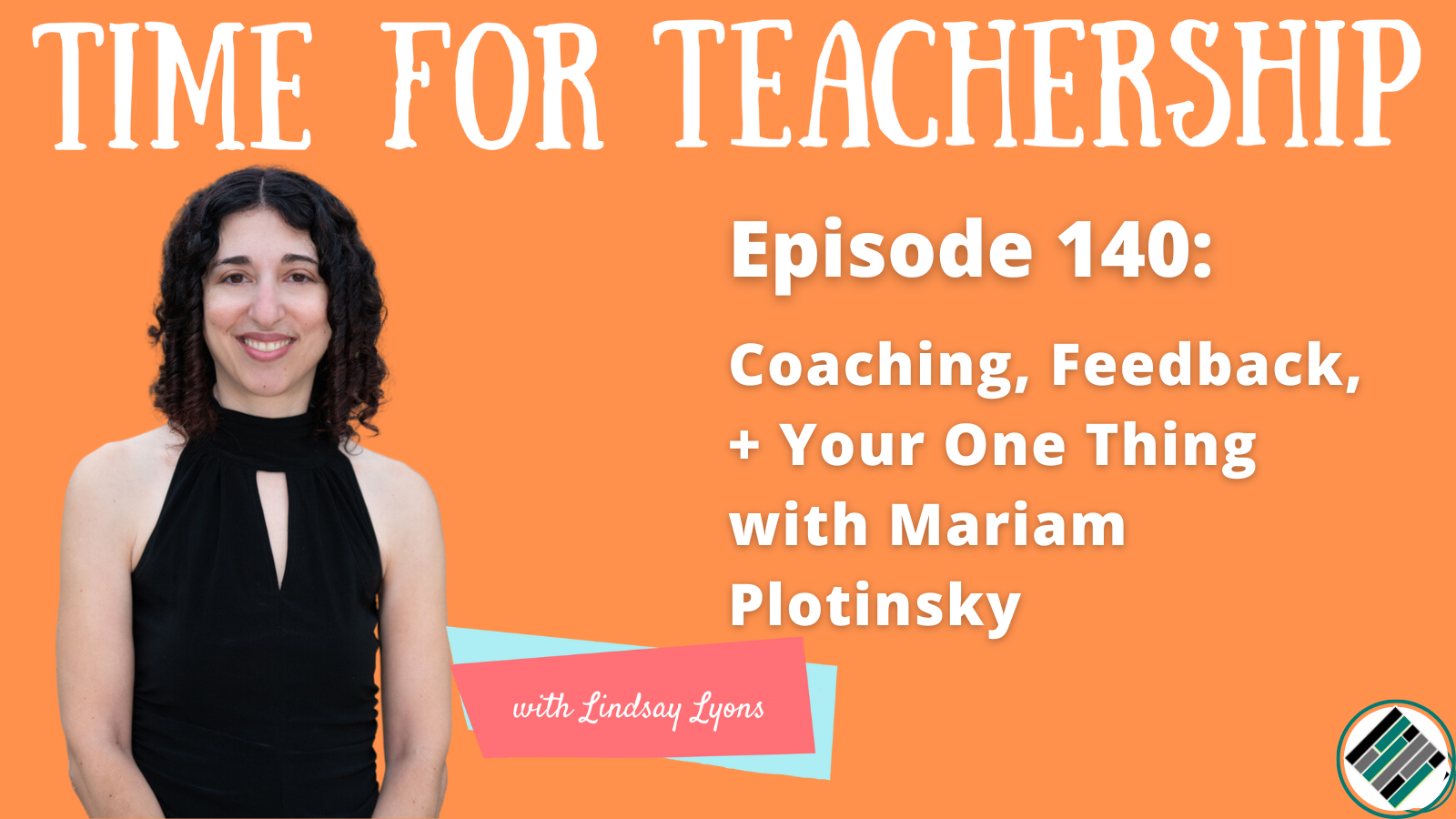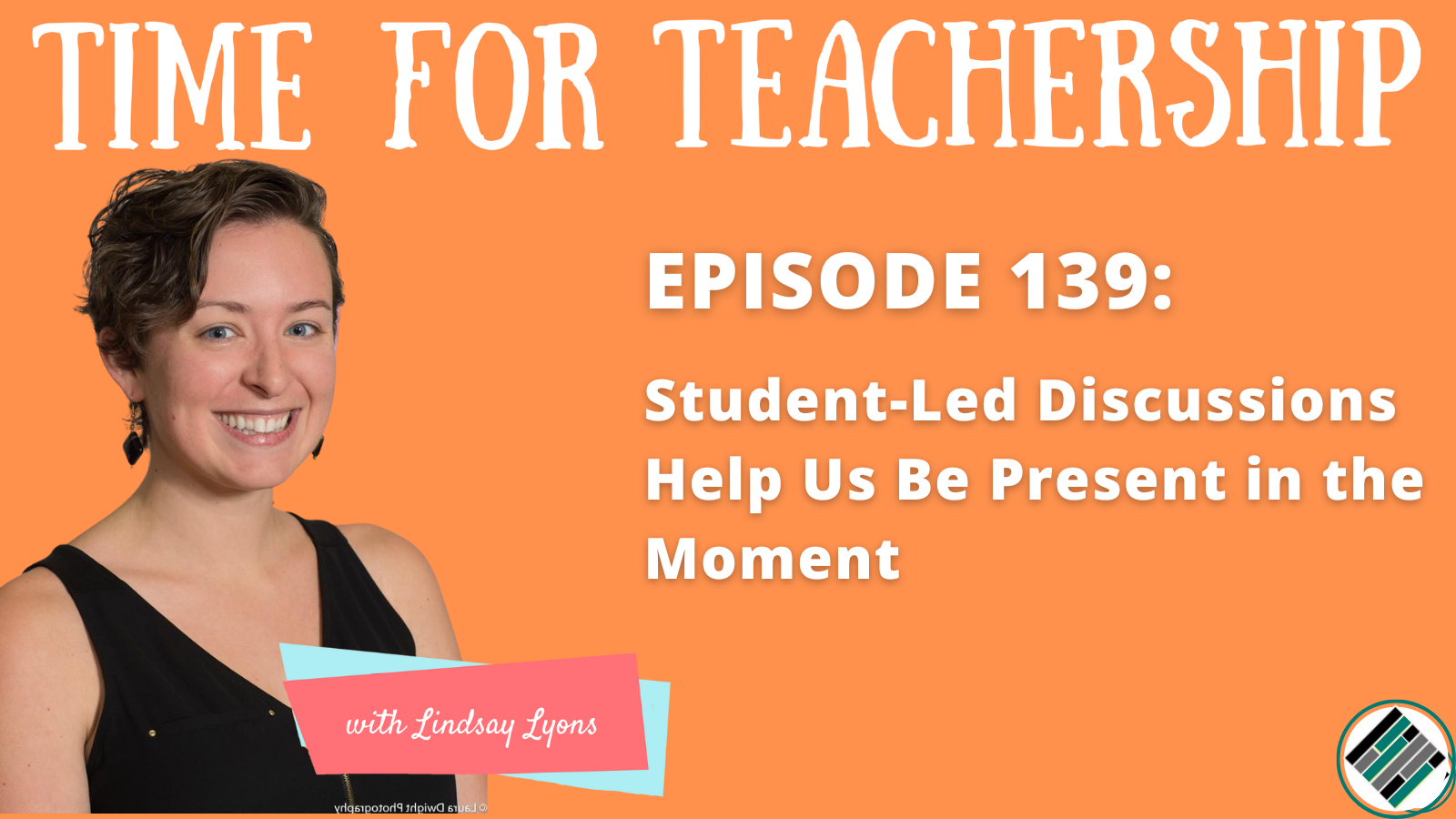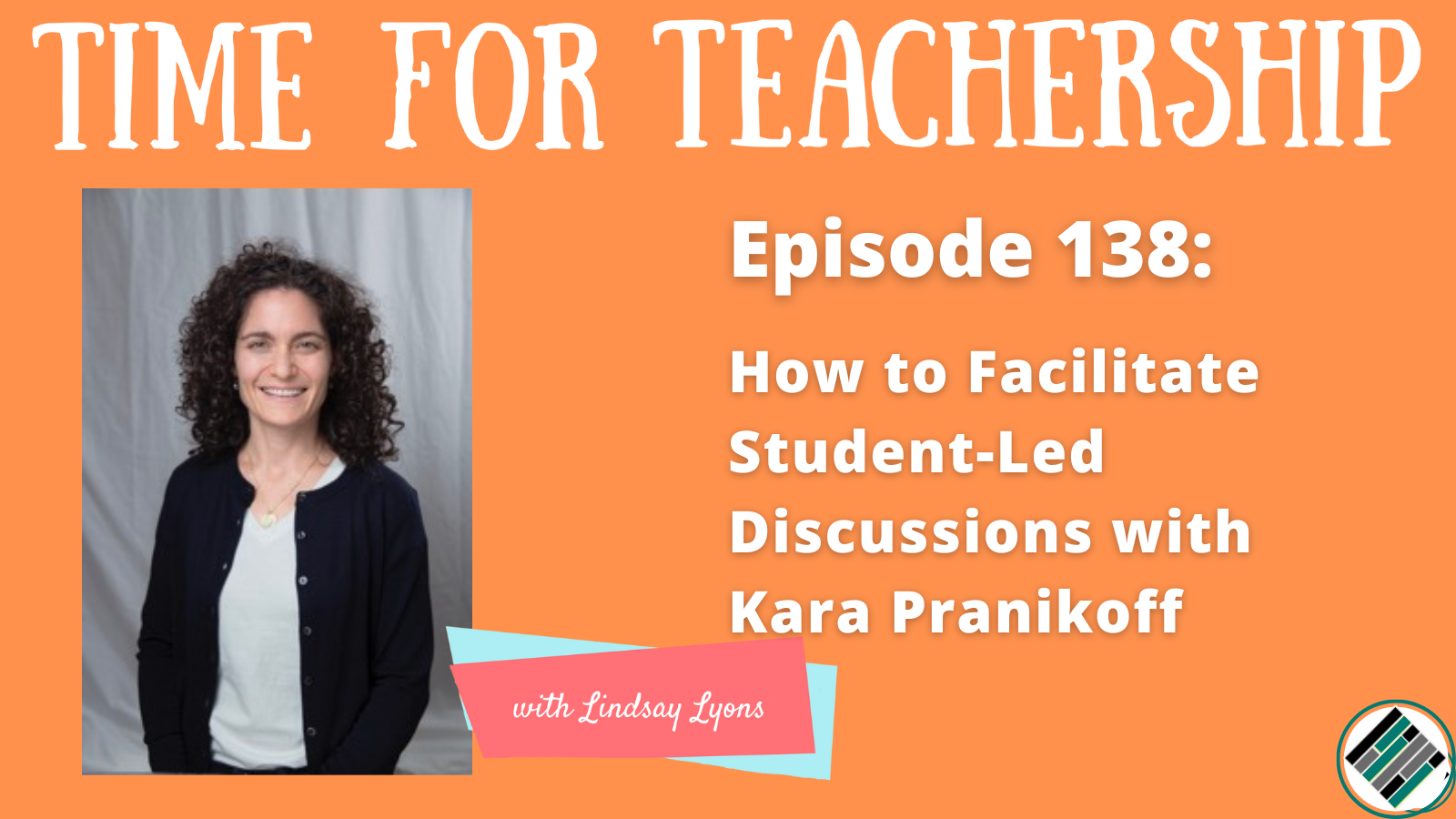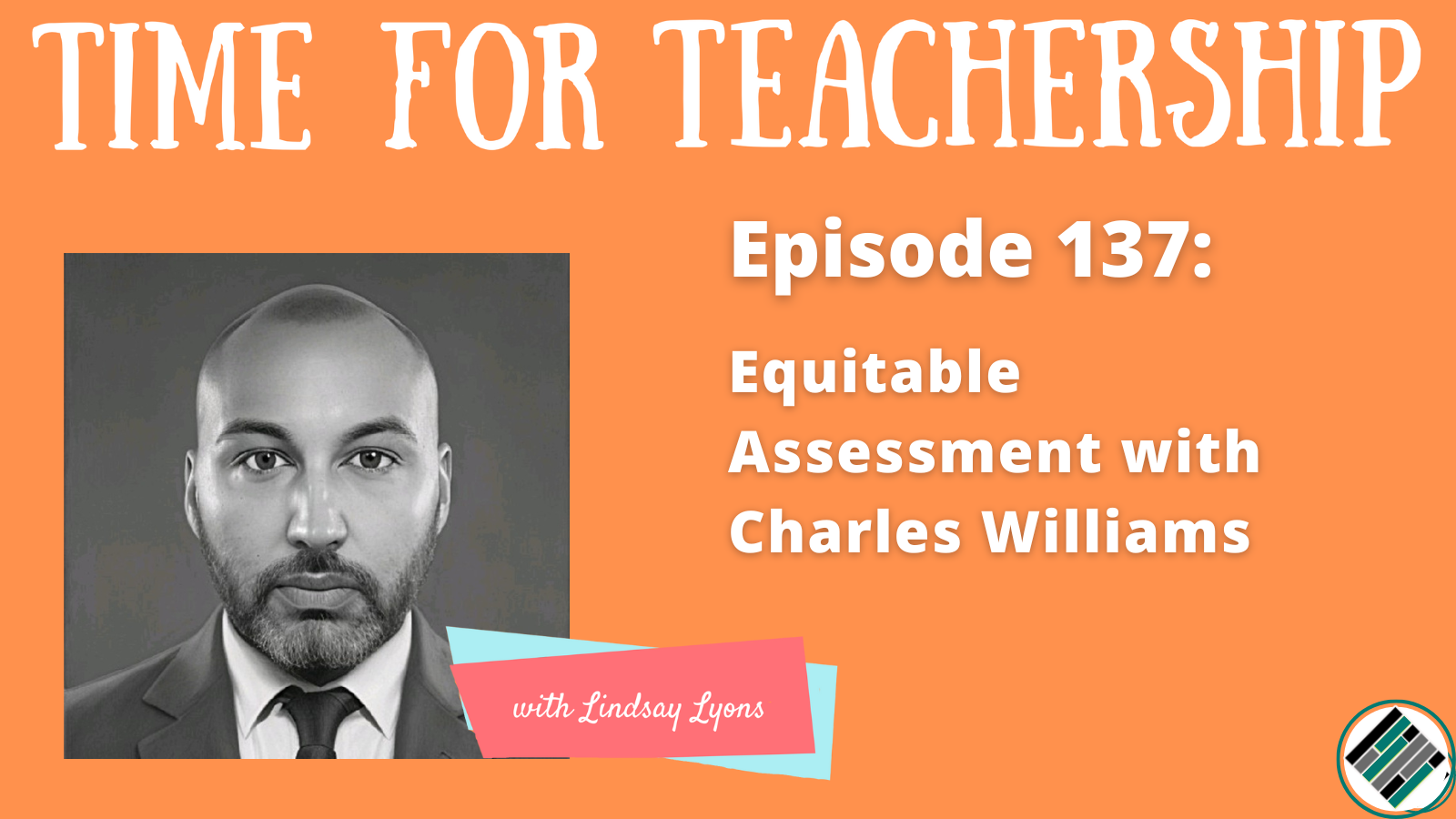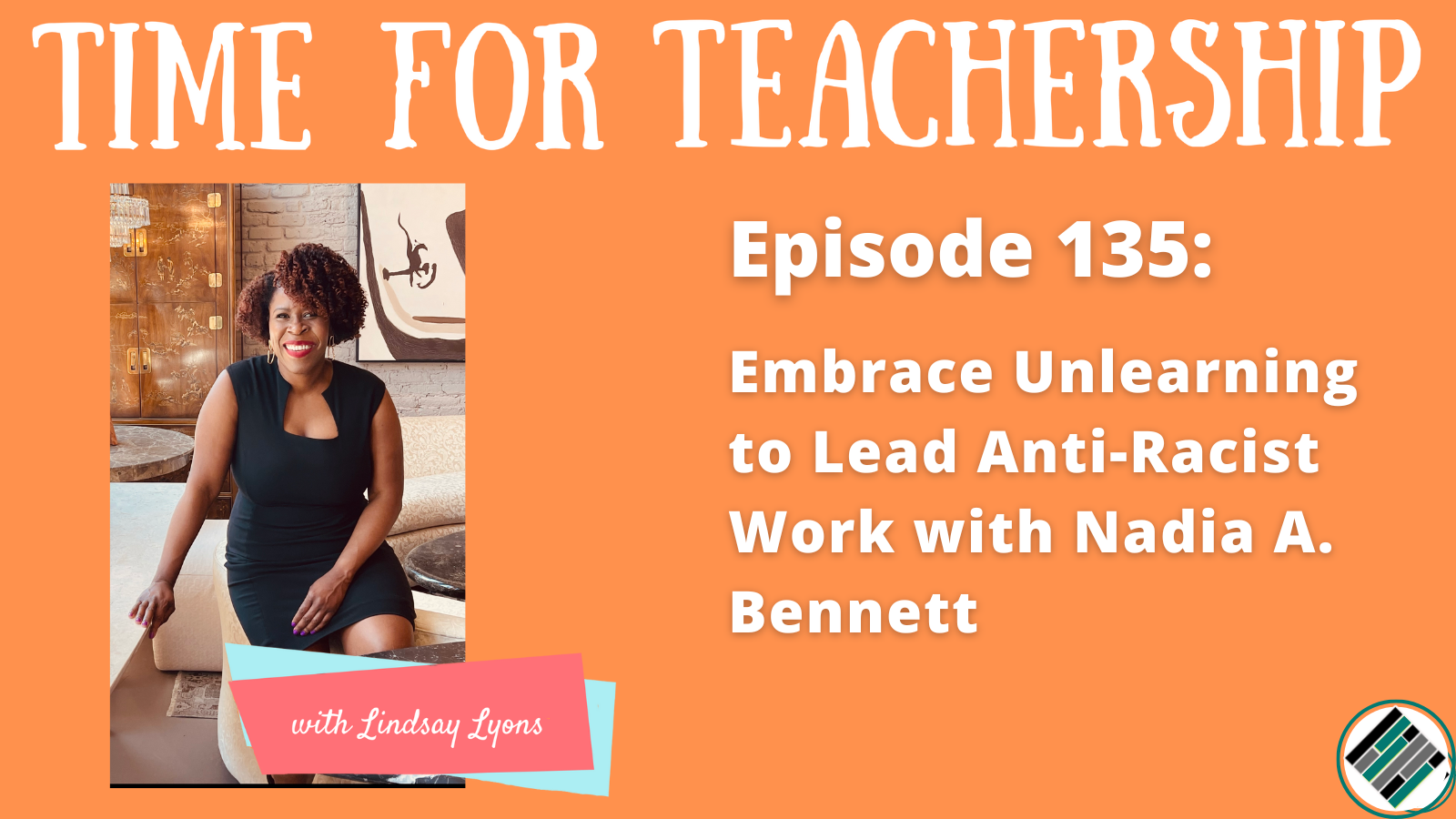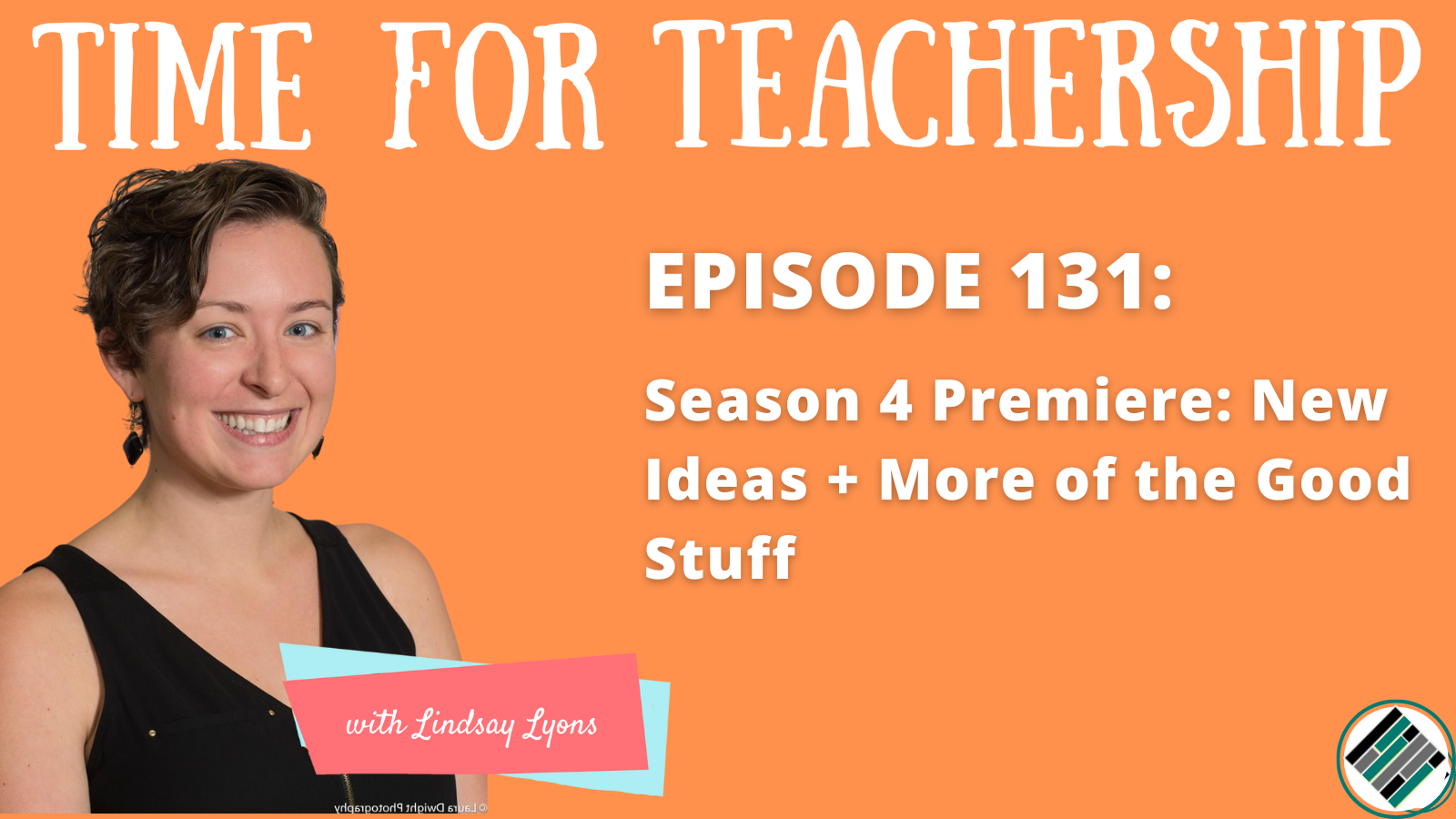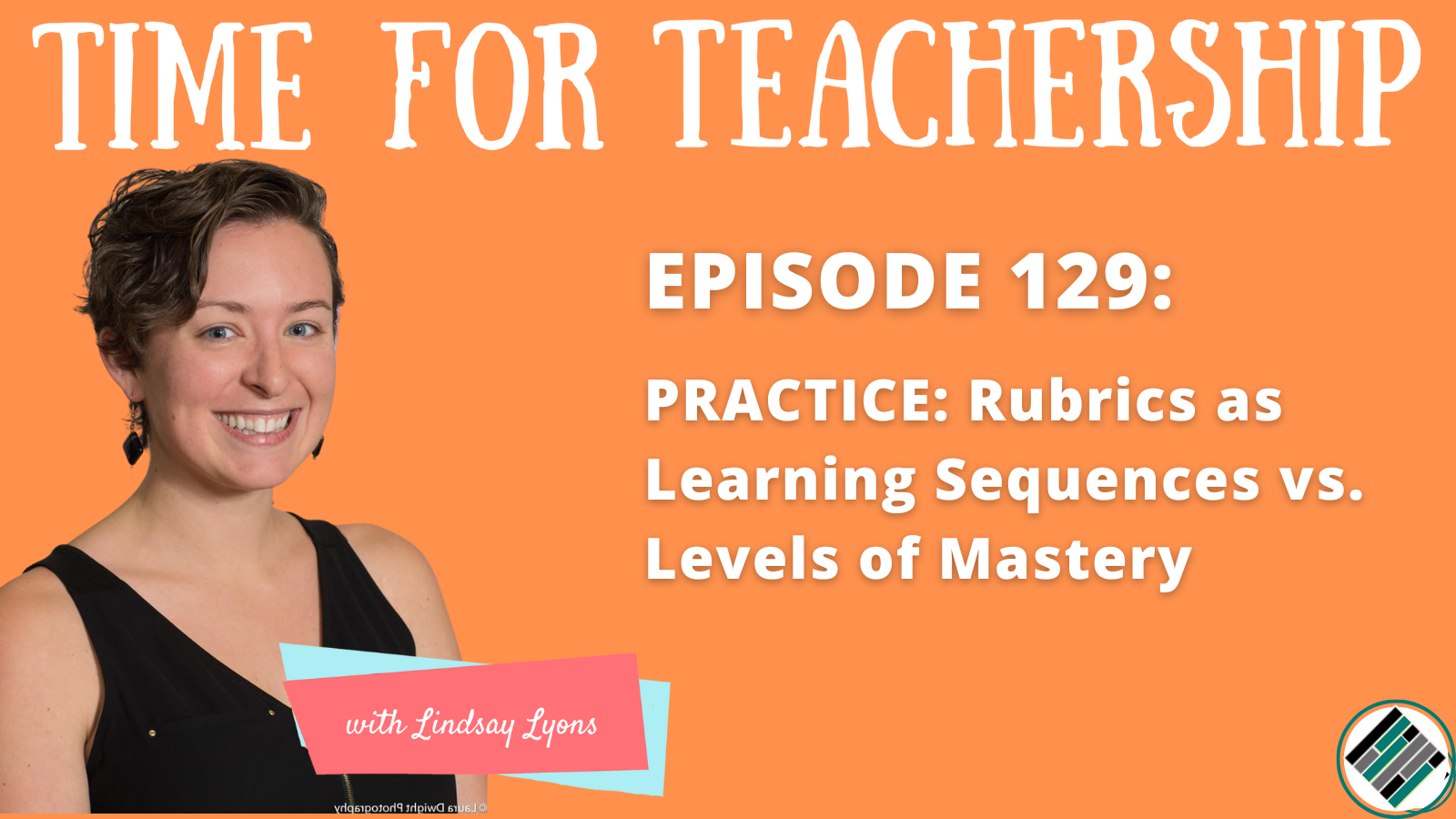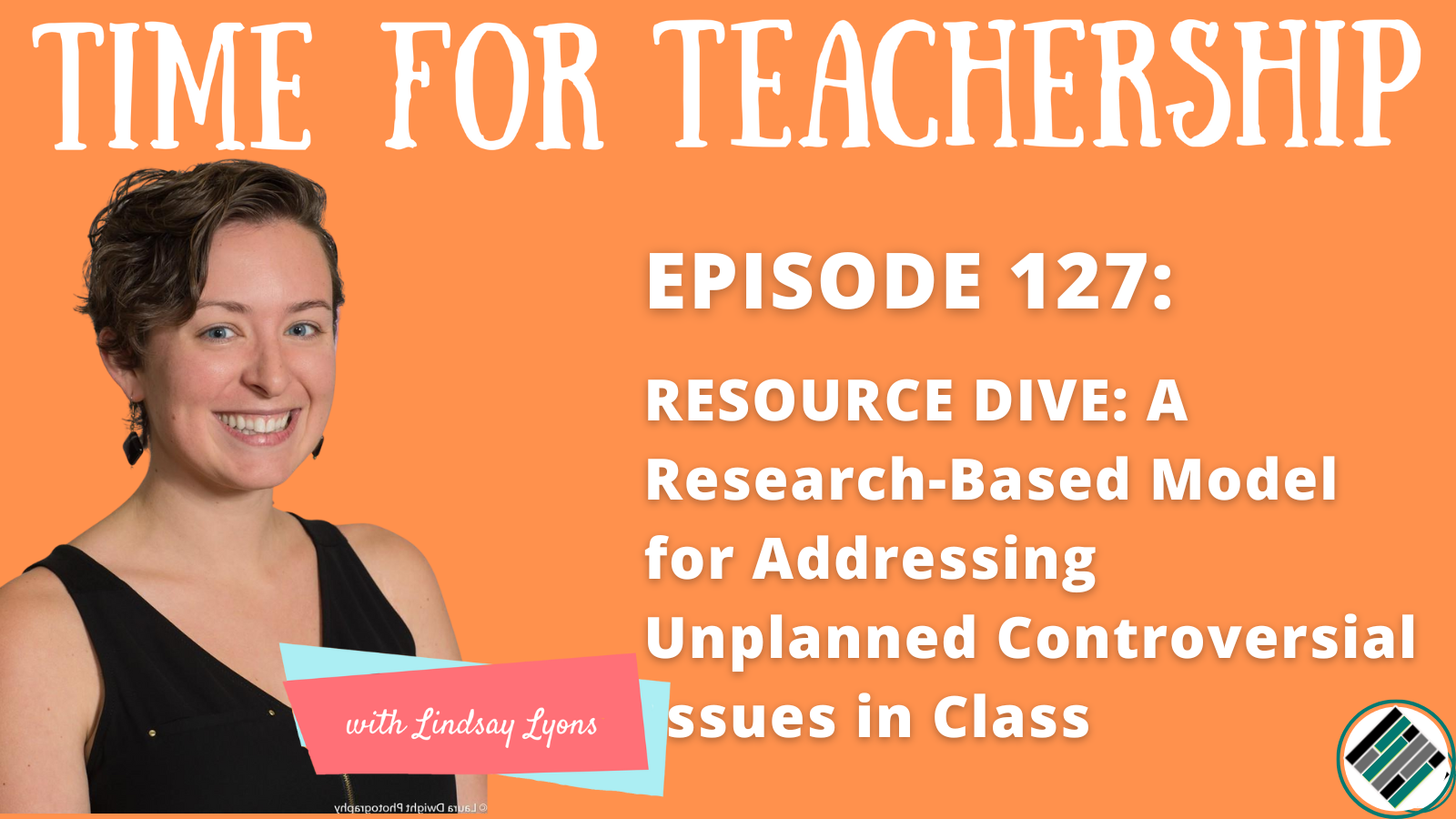
In this podcast episode, Crystal Frommert shares the importance of partnering with families in students’ education.Crystal emphasizes the power of a simple phone call to build bridges and promote understanding. She also explores the complexities of navigating effective communication in these partnerships and discusses restorative practices for relationship-building with families.
Crystal Frommert, M.Ed, has over 20 years’ experience as an teacher, instructional coach, school board member, adjunct college instructor, technology coordinator, and school administrator. She is the author of “When Calling Parents Isn’t Your Calling, a teacher’s guide to communicating with parents.” She currently teaches middle school math in Houston, where she lives with her husband, daughter, and dog.
The Big Dream
Crystal dreams of an educational system where teachers partner with parents and families.
Alignment to the 4 Stages: Mindset, Pedagogy, Assessment, and Content
She focuses on maintaining a mindset of empathy and understanding towards the families she works with. In terms of pedagogy and content, she stresses the importance of communication and respect for the diversity of families. Phone calls are specifically helpful to communicate with families about any of this because you can both listen to each other’s tone.
Mindset Shifts Required
We can work to overcome any apprehensions about communicating with families. It’s incredibly beneficial to take a moment to challenge any assumptions we have about family backgrounds.
Action Steps
Make the first contact positive and personalized.
Show respect for family titles. (Look at the title on file and/or ask the child if they’re old enough. If you can’t find it beforehand, ask the caretaker once you meet them.)
Utilize phone calls more often for better connection and understanding. Alternatively, you may prefer or need to use voice recordings or video.)
Use sentence starters. (Crystal has several in her book!)
Challenges?
Not asking for help when emotions are high. Loop in an administrator if this happens.
Set boundaries so families aren’t texting you at 11:00 PM.
One Step to Get Started
Administrators, invite your teachers to reflect on something dumb you did when you were a teenager (or whatever age group of students you have.)
Teachers, be more mindful about when the communication should be an email and when it should be a phone call. Also, send a happy note home when you can!
Stay Connected
You can find this week’s guest on her website, Twitter, and LinkedIn.
To help you implement these practices in your school, Crystal is offering Time for Teachership listeners a complimentary author Q&A for schools who are doing a book study of her book! (Reach out at any of the above links.) And, if you’re looking for more details on the ideas in this blog post, listen to episode 142 of the Time for Teachership podcast. If you’re unable to listen or you prefer to read the full episode, you can find the transcript here.
Quotes:
- “Let’s just get rid of all assumptions, let’s try to look past any of our implicit biases that we have and let’s have that phone conversation.”
- “I’ve worked with some teachers who will use voice recordings..literally a 30 second: Hey, Ms Smith, I love working with Joey so glad he’s in my class…’
- ‘I can tell you this if you are asking a colleague to read your email because you don’t wanna hit send, because you think it sounds too harsh, that’s your clue right there. It’s too harsh. If you automatically want to ask somebody for advice…you already know.”

